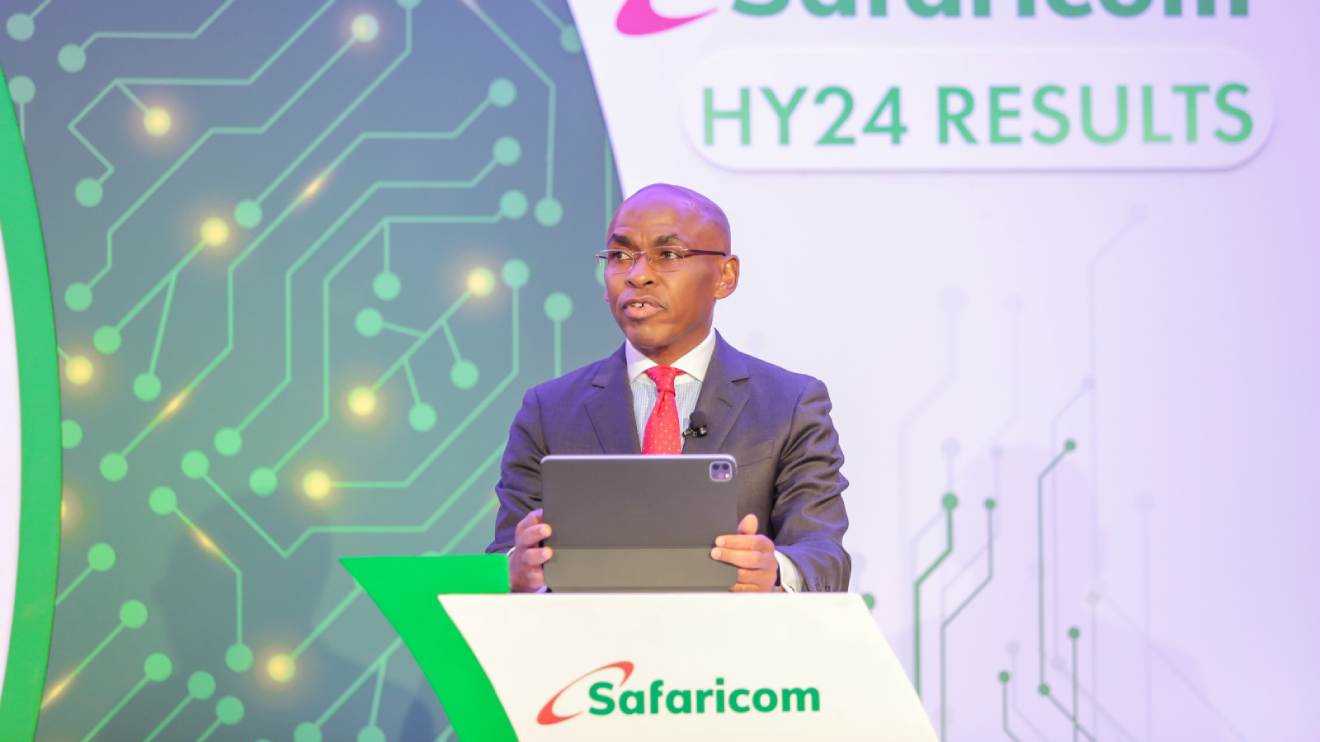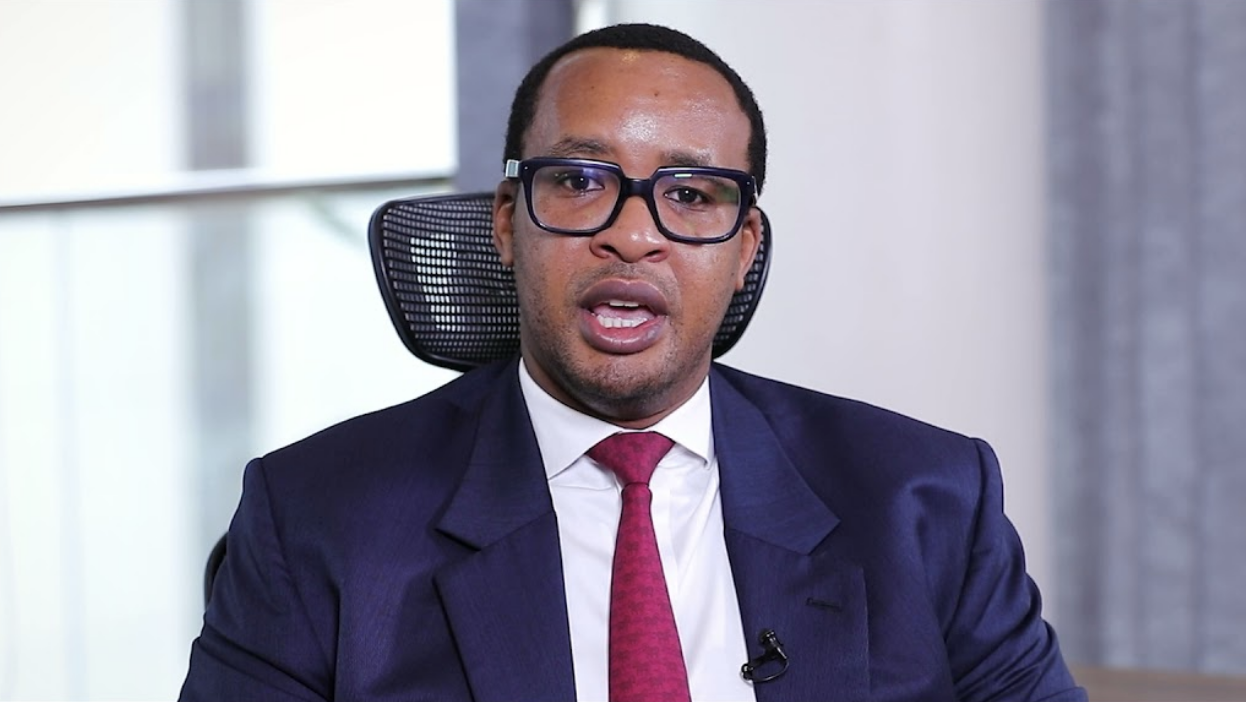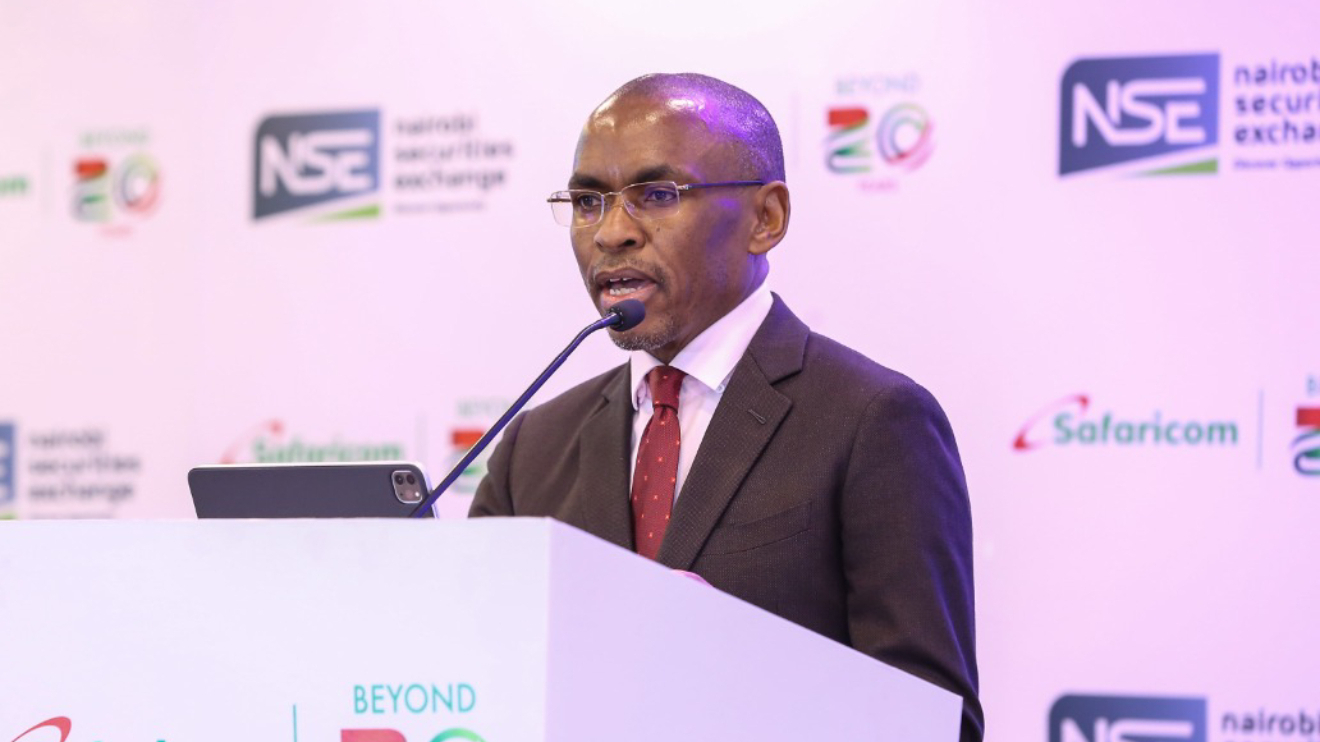An American multinational investment management firm, FMR LLC, has initiated a significant divestment from Safaricom, Kenya's leading telecommunications company.
This decision stems from frustrations over delays in dividend repatriation amidst the telco's declining valuation, dropping below Sh600 billion.
According to data from Capital IQ, FMR has reduced its stake in Safaricom by approximately two-thirds, from 921.1 million shares in September 2022 to around 314 million shares.
Sources familiar with the matter reveal that FMR began offloading its Safaricom shares in the fourth quarter of 2022 because of challenges in receiving dividends promptly, attributed to difficulties in acquiring dollars from the Kenyan market.
The delay in dividend repatriation has raised concerns among foreign investors, including FMR, leading to a breach of internal requirements for these institutional investors.
Read More
Such delays are particularly impactful for entities like pensions, endowments, and asset managers, which rely on scheduled distributions for financial stability.
Safaricom's share price has witnessed a notable decline from Sh29.82 in September 2022 to Sh13.30 as of recent trading, resulting in a substantial decrease in the company's valuation on the Nairobi Securities Exchange (NSE), plummeting from Sh1.19 trillion to Sh532.9 billion—a staggering 55 per cent drop.
Reports indicate that FMR's divestment strategy involves responding to market bids for sizable blocks of shares, averaging approximately two million sales daily.
The continuous selling spree by FMR has triggered concerns that the firm may contemplate a complete exit from Safaricom, which has long been hailed as the prime investment opportunity within Corporate Kenya.
The challenges in dividend repatriation align with statements made by Safaricom CEO Peter Ndegwa, who acknowledged delays of up to four months during a call with investors in November 2023.
Ndegwa highlighted liquidity constraints in the Kenyan currency market as a contributing factor to these delays.
Safaricom's recent declaration of a Sh23.03 billion interim dividend failed to generate excitement in the market, reflecting the prevailing concerns surrounding dividend repatriation and its impact on share prices.
The persistent sale of Safaricom shares has resulted in an oversupply relative to demand, further exacerbating the decline in share price.
The divestment trend is not exclusive to FMR, with other foreign investors such as Harding Loevner LP, Nikko Asset Management Americas, and Wellington Management also reducing their Safaricom holdings.
These actions reflect broader challenges faced by foreign investors in accessing dividends and exiting investments within the Kenyan market.
Ultimately, the ongoing divestment by foreign investors underscores the critical need for addressing issues surrounding dividend repatriation and currency liquidity within Kenya's financial ecosystem.
Failure to resolve these challenges could have far-reaching implications for investor confidence and market stability in the long term.



-1757243598.jpg)





-1757244564.jpg)
